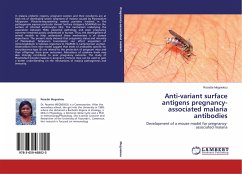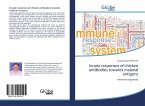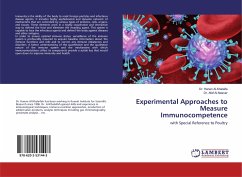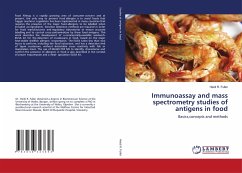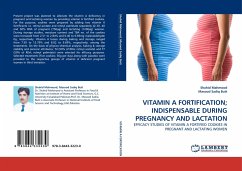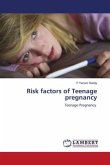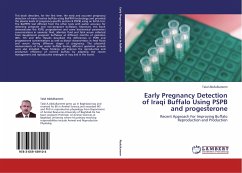In malaria endemic regions, pregnant women and their newborns are at high risk of developing severe symptoms of malaria caused by Plasmodium falciparum. Placenta-sequestering malaria parasites involved in the pathogenesis express particular Variant Surface Antigens (VSAPAM) on the surface of infected erythrocytes (IEs). The mechanism underlying the association between PAM, placental pathology and poor pregnancy outcome remained poorly understood in human. Thus, the development of animal models to help understand these mechanisms is of utmost importance. The present study showed that pregnancy status and intensity of Plasmodium falciparum transmission can affect acquisition of Immunoglobulin G Subclass responses to VSAPAM in Cameroonian women. Observations from mice model suggest that levels of antibodies specific for recrudescence-type IEs are related to the protection of pregnant mice and their offsprings from poor outcomes. Alterations of cytokine levels may also strongly contribute to poor pregnancy outcome. The study of Plasmodium berghei malaria in pregnant, immune mice can be used to gain a better understanding on the mechanisms of malaria pathogenesis and immunity.
Bitte wählen Sie Ihr Anliegen aus.
Rechnungen
Retourenschein anfordern
Bestellstatus
Storno

